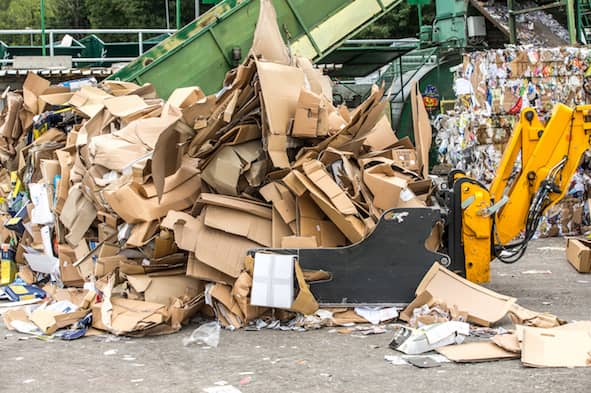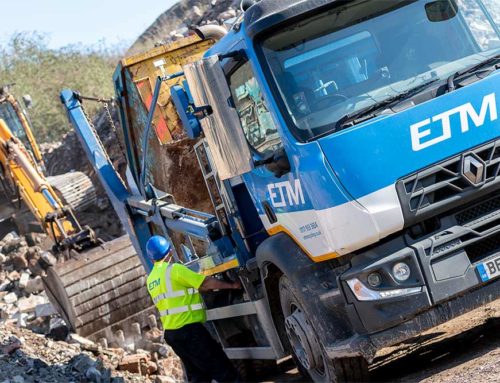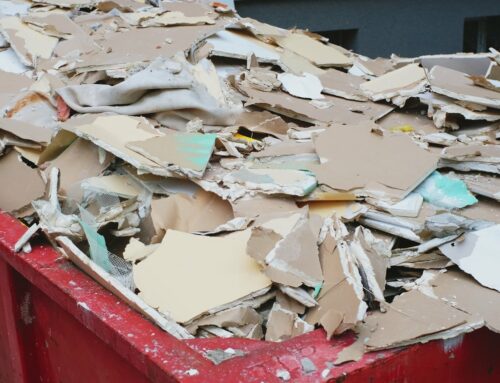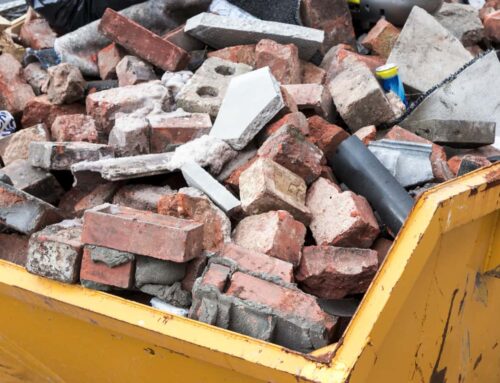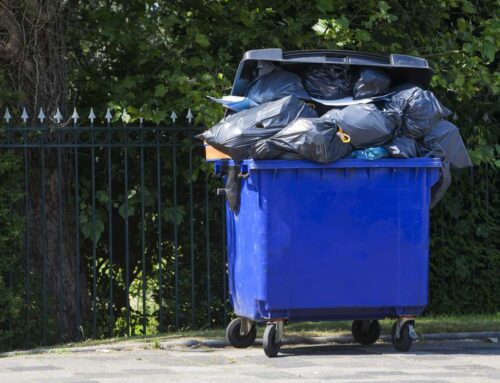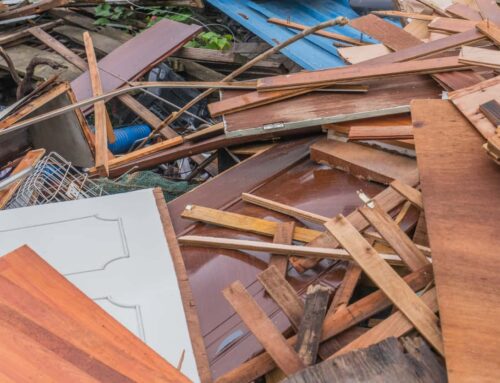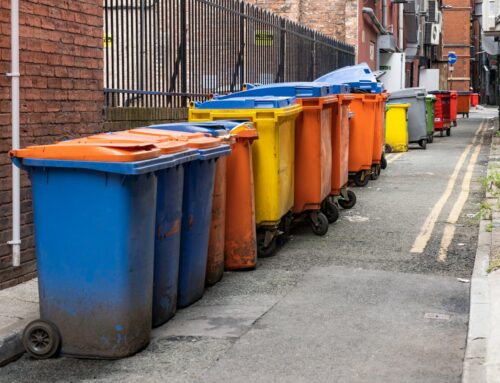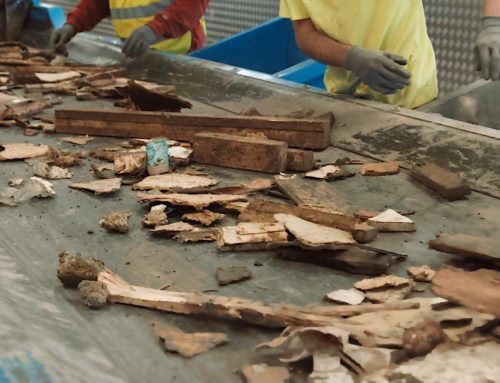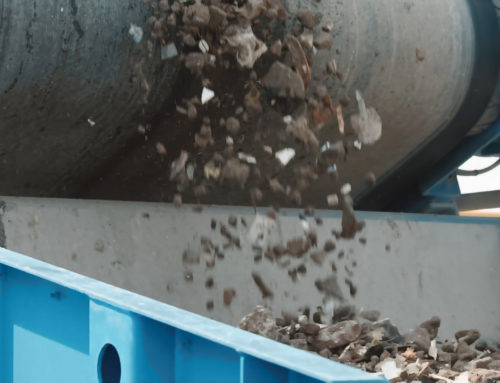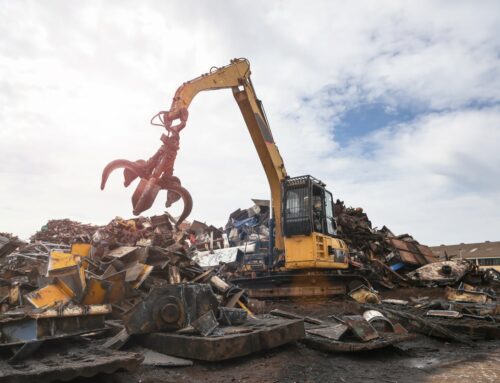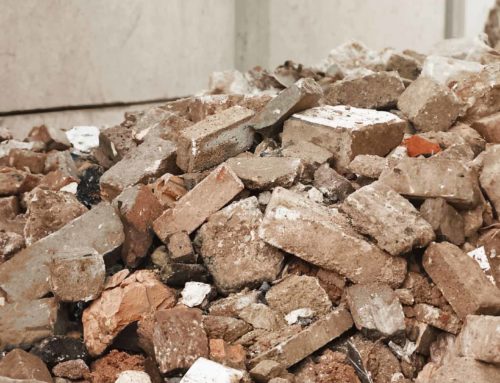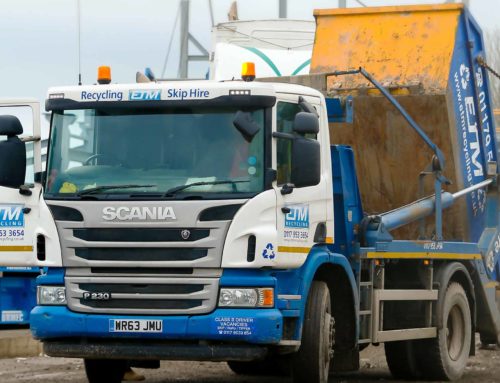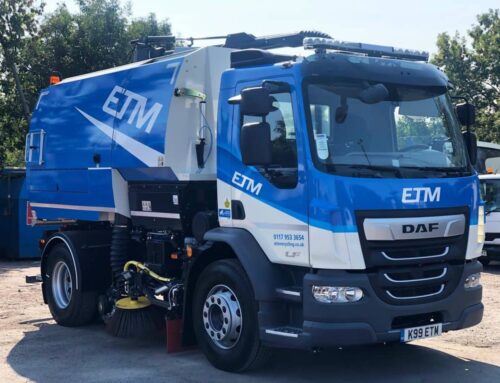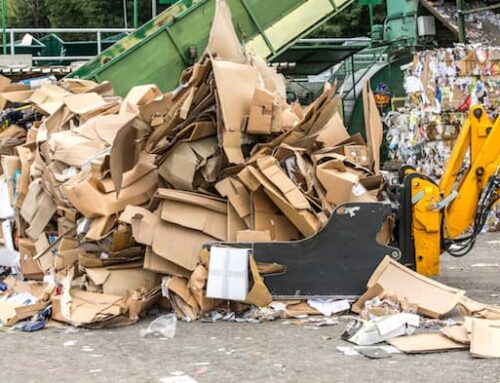Did you know that any business, regardless of industry, has a duty of care to store, transport and dispose of its waste in a way that will not pollute the environment?
Regulations governing the way a business handles its waste are set out in the Environmental Protection Act 1990 and the Waste Management Plan 2013. The aims of these pieces of legislation are to reduce commercial waste and the expansion of landfills, as well as to significantly improve recycling practices in businesses.
It’s crucial for your business to comply with the waste management regulations. Aside from the benefits to the environment, you could face prosecution and fines of up to £5000 if you fail to manage your waste safely.
In this article, we delve into the ins and outs of the key waste management regulations your business should be aware of.
What is Classed as Commercial Waste?
Commercial waste simply means any waste that is produced through commercial activity. This can include anything from paper cups to printer cartridges, as well as more varied and hazardous materials produced produced by construction, demolition and agriculture.
If this applies to your business, then you are legally required to follow the regulations as set out in the Waste Management Plan for England 2013.
The policies are an efficient and climate-focused approach to the treatment and disposal of waste, designed to help prevent environmental pollution and the unnecessary expansion of landfills.
How Can a Business Achieve Waste Management Compliance?
Maintaining waste management compliance involves carrying out several responsibilities, to prevent, reuse, recycle or recover waste. This includes:
Procuring Recyclable Materials
A business can significantly reduce the volume of waste it produces by procuring recyclable materials from sustainable suppliers, for example, recycled paper for offices.
Using items made from recyclable materials reduces the need to source raw materials to create these items new, reducing the environmental impact of your business.
Waste Segregation
Waste segregation involves sorting your waste so that it can be recycled. Recycling is a measure that most people are familiar with now, meaning that aside from acquiring the correct recycling bins, this aspect of the regulations will have a minimal effect on the running of your business. It can also save you money by reducing regular landfill collections.
The environmental benefits of waste segregation are that it reduces transportation costs for multiple collections, as well as lowers the risk of contaminating other recyclable materials.
With the use of recycling bins to separate common business waste such as food, glass, paper, and cans, you can reduce your contribution to landfill.
Waste Collection and Disposal
Before choosing a waste management service to collect and process your waste, it’s important to classify what type of waste you produce. For example, if it consists of harmful materials, you may be subject to further regulation, and required to partner with a certain business to collect it.
As is the case for many businesses, you may not have the appropriate facilities to process your commercial waste. This means you will have to partner with a waste management company and organise collection and disposal.
It is also worth noting that you are still responsible for your waste once it’s been collected, and continue to be right up until it has been disposed of. This means that it’s your responsibility to find a waste management service that is going to process (sort and recycle) and dispose of your waste according to the regulations.
However, if your business does dispose of its waste, you must register your details, and depending on your industry and the type and quantity of the waste you produce, you may also require a permit. You can apply for either of these here.
Waste Transfer Notes
WTNs (waste transfer notes) are an important part of the collection process because they document the transfer of waste from your business to your chosen waste carrier.
Every load of waste that is collected by your waste carrier but be covered by a WTN.
It’s also crucial to keep copies of each WTN for at least two years after they are produced, as you may be required to show them to an environmental regulator or your local council as evidence of compliance.
It’s important to provide extensive and accurate details on your WTNs, because if you fail to fill them in correctly and your waste is mismanaged as a result, you could face prosecution. The document must contain the following information:
- A full description of a load of waste being collected
- Details of any processes the waste may have already been put through
- The way the waste is packaged or contained for collection
- The volume of the waste
- Location and the date of collection
- Details of your business and the waste carrier, such as name and address.
- Details of the permit or licence of the waste carrier
- Your business licence or registration number, as the person handing over the waste. You should also include a waste management licence if applicable.
- The correct European Waste Catalogue (EWC) code for your waste
- The Standard Industry Code (SIC) of your business
Commercial Waste Management from ETM
At ETM, we have extensive experience processing up to 150,000 tonnes of waste each year, servicing commercial clients across the South West, from Bath to Bristol.
We provide the full spectrum of waste management services, from collection to disposal. With our own fleet and state-of-the-art waste treatment facility, we ensure that 98% of the waste that we process is recycled.
Our client base ranges from SMEs to large corporations, and no matter the type or volume of your commercial waste, we can provide a tailored solution for you.
If you have any questions or want to find out more about how your business can benefit from our services, get in touch with one of our friendly experts today.
